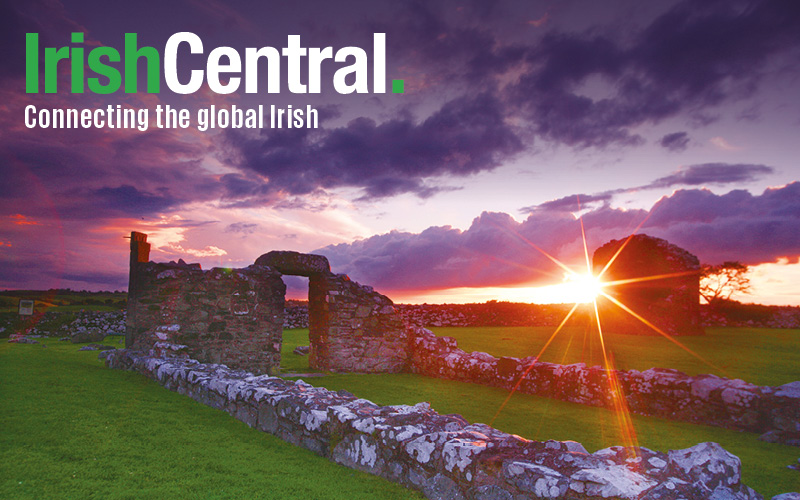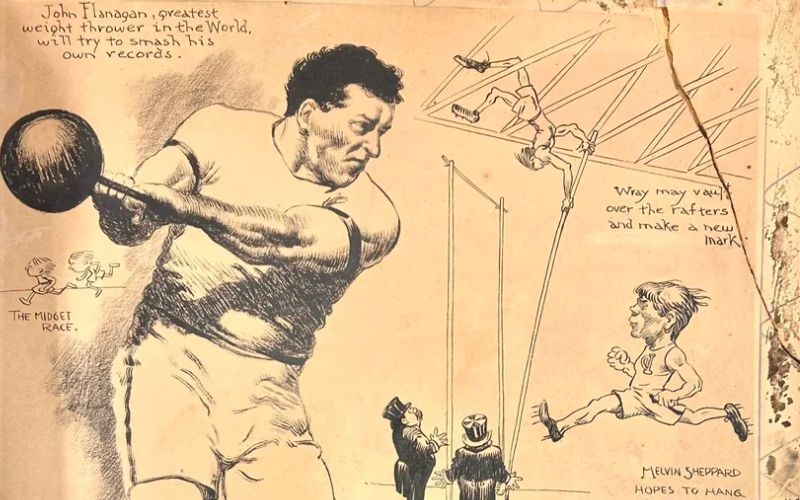Irish President Mary McAleese's recent address to the St. Petersburg State University of Economics and Finance has been called an 'astonishing attack' on Irish bankers, lawyers, and politicians (Belfast Telegraph), and a series of 'extraordinary comments' by our own Irish Central, and while I wouldn't call her speech exactly mesmerizing, at least not for what it said, I'd nevertheless say that it was a welcome break with convention. The President, for once, told it (almost) like it is.
The Irish President is basically a figurehead, conferred with largely representative powers by the Irish constitution. And like most worldwide figureheads, he or she rarely does or says anything controversial.
For that reason McAleese's remarks have been seen as highly unusual, for she broke with the long-standing convention of a President's non-comment, at least while in office, on matters of public and political importance.
It's refreshing, though, that McAleese did launch into the attack, however unscathing that attack may have been, and is a hopeful indication that the role of the President can move in progressive directions in Irish society. Perhaps it's felt that in times like these there's simply no time or place for mere hand-shaking; if that's the case, then right they are.
"In the future," began the kernel of the President's speech, that part which has become controversial, "We need not only smart and rigorous regulatory systems that allow commerce to flourish, where the regulator has all the powers and competences, but we need professionals who are hard-wired to behave ethically, to think ethically, to act ethically."
That was the first 'controversial' thing that she said. Although it's true that unethical banks and sloppy regulators had a large hand in Ireland's downfall, McAleese also conveniently forgot to include the politicians who oversaw even the regulators themselves in that list of villains.
Notably absent, also, were the property developers, the now desolate men of power who once built the country, and then left it filled with ghost estates when there were no longer residents to occupy their handiwork.
But perhaps the most glaring shortcoming of the speech was the President's use of the past tense, as if this were 'crisis' were a thing of the past. Yet Anglo's possible bankruptcy is an issue that's lurched the country back into panic in the last few days. If things are truly better, if that traumatic episode is truly behind us, then you could definitely be fooled into thinking otherwise.
Her second point resonated much better with me, though. She compares Ireland's legal classes as custodians of a 'vintage wine' who see fit to dispense it only to the most elite, or throwing euphemisms aside for a moment, for those who are prepared to pay top dollar. She also said that the nation's lawyers continue to make legal documents needlessly difficult.
As a frustrated law student, driven mad around exam time by jurists' ever-liberal smattering of 'inter alia', 'quid pro quo' and other fairly alien terms, I can't help but agree that this is true. Despite some modest though well-intended attempts at reformation, much of legal language remains, unfortunately, on a par with Ancient Greek in its familiarity to the average Irishman.
It wouldn't be right, though, to just criticize. As I said in the start of this blog post what the President did was unusual, and she most certainly deserves praise for having the bravado to take a pot-shot at some people when that was almost certainly not expected of her.
And even if the speech was by no means extraordinary, it was at least something of a milestone, albeit a minor one.




Comments